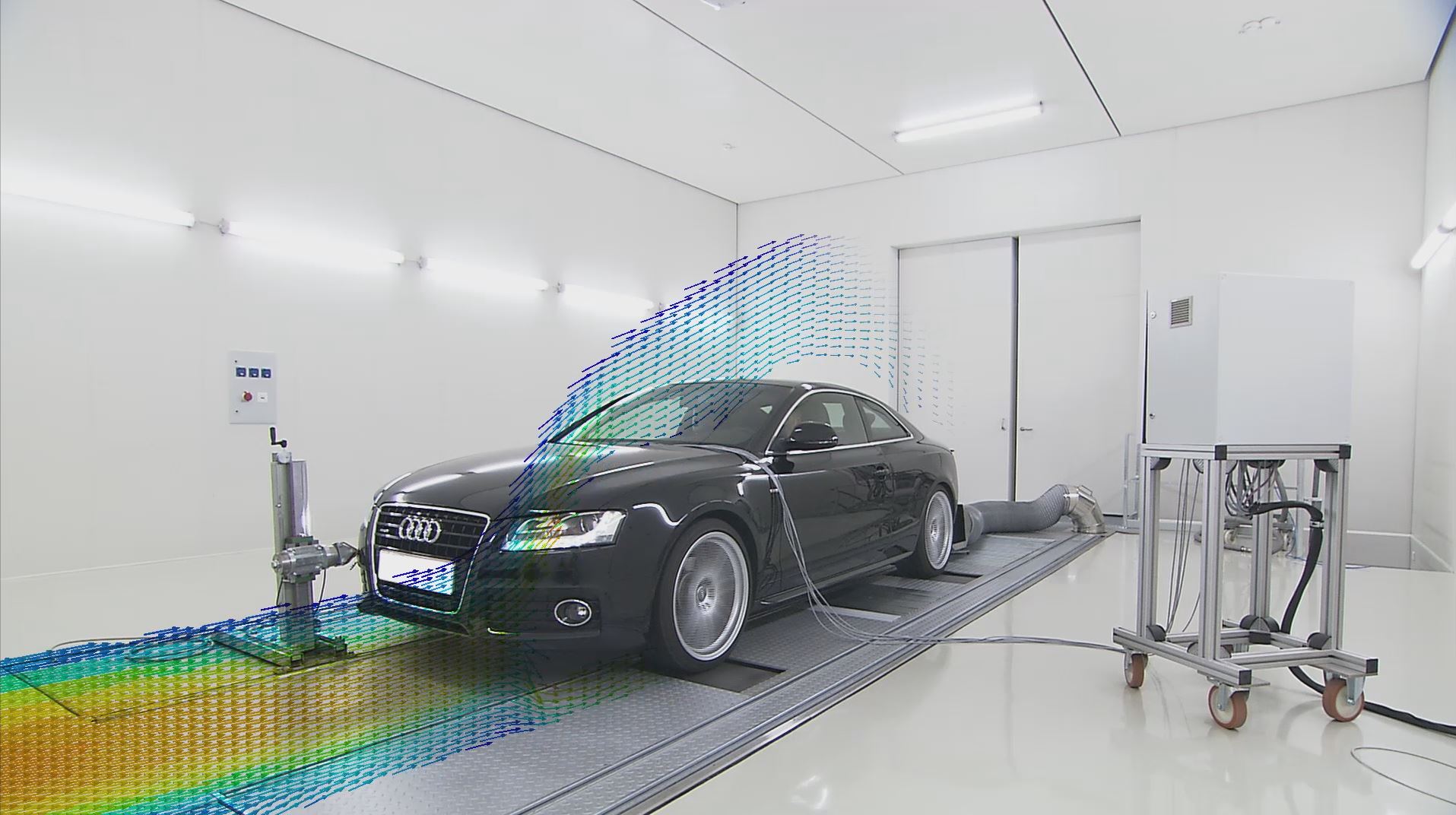KULI
Thermal Management Simulation
All about KULI
Thermal management simulation is essential in the development process of every new vehicle. Understanding how individual components influence the overall system is necessary for an optimal design regarding energy consumption, emissions, noise, fatigue, and other parameters. But the necessary expertise to perform the required sophisticated tests, simulations and calculations becomes more and more complex.
In today’s automotive industry two key drivers for new developments are safety and efficiency. This is not only true for the vehicle as a whole but can also be directly translated to most of its sub systems.
Thermal Management Simulation
for an optimal design of cooling systems regarding safety & efficiency
For thermal management systems safety means that all vehicle components (combustion engine, e-drive, battery…) can operate within their designated temperature ranges for all relevant vehicle operating points, driving cycles and ambient conditions. Efficiency means that this task is achieved with minimized energy effort. Adding passenger comfort as an important factor and also focusing on system cost minimization step by step reveals the complexity of modern cooling- and HVAC-system design.
Our projects & services



